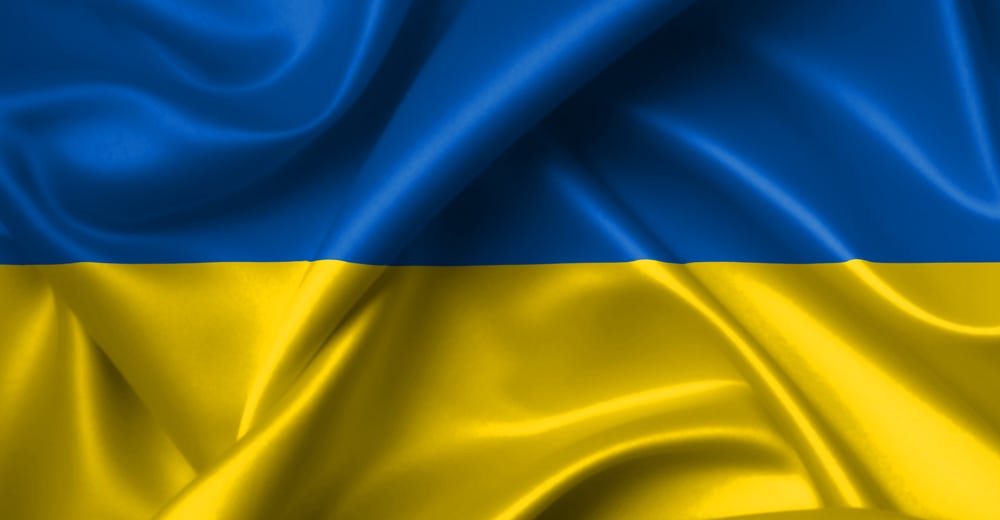This Week In The Economy: Economic Fears & Europe’s Energy Weak Spot Impede More Aggressive Sanctions On Russia
Welcome to a regular snapshot-review of U.S. and international economic news that aims to 1) provide a window into the challenges and decisions facing businesses today, 2) determine the direction of economic policy — such as the speed at which central banks decide to raise interest rates, and 3) assess what the impact will be for consumers.
Economic Prio…
Keep reading with a 7-day free trial
Subscribe to This Week In The Economy to keep reading this post and get 7 days of free access to the full post archives.



